Electronics & Communications Engineering
About the Program
- 4 Years
- 30 Seats
The four-year B.Tech program in Electronics and Communication Engineering (ECE) at MIET is meticulously crafted to go beyond conventional engineering education. It empowers students with the technical expertise, problem-solving skills, and innovative mindset needed to excel in a rapidly evolving tech landscape. With a future-focused curriculum that integrates core ECE principles with advancements in areas like embedded systems, IoT, AI, VLSI, and 5G communications, students gain a robust and relevant understanding of modern electronics and communication systems.
What distinguishes MIET’s ECE program is its emphasis on hands-on learning and innovation. Students engage in industry projects, research, and design challenges that mirror real-world engineering problems. The program also includes access to cutting-edge labs, industry certifications, and strong mentorship—fostering both technical depth and practical experience.
Whether you aspire to innovate in the tech industry, pursue advanced research, or build your own product-driven startup, MIET’s ECE program provides the ideal foundation for future-ready engineers and technology leaders.
Where Excellence Meets Recognition
Our program has earned national recognition from top-ranking agencies. These accolades highlight our commitment to academic excellence, industry-aligned curriculum, and holistic student development.


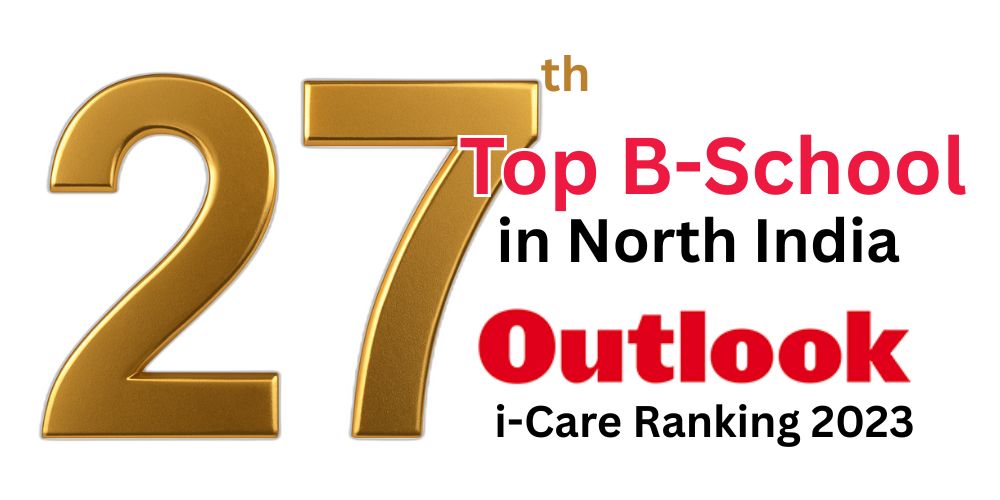
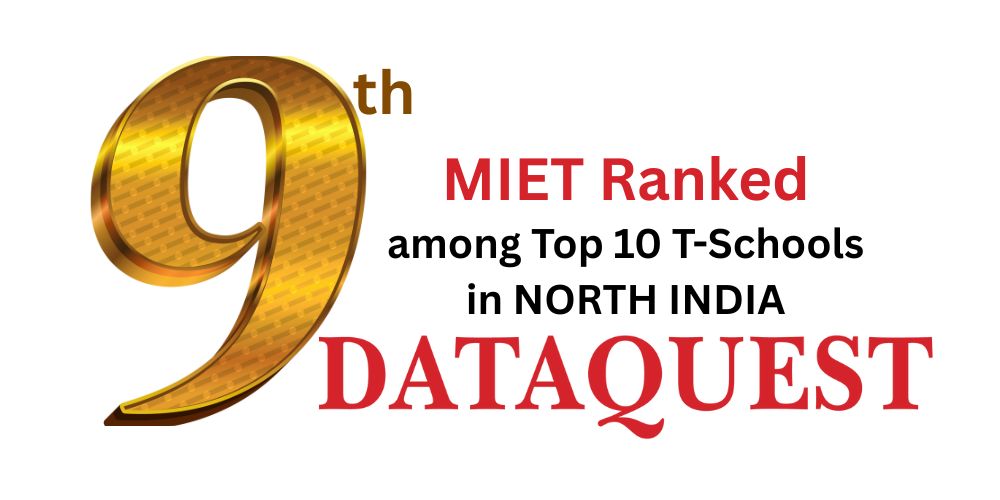
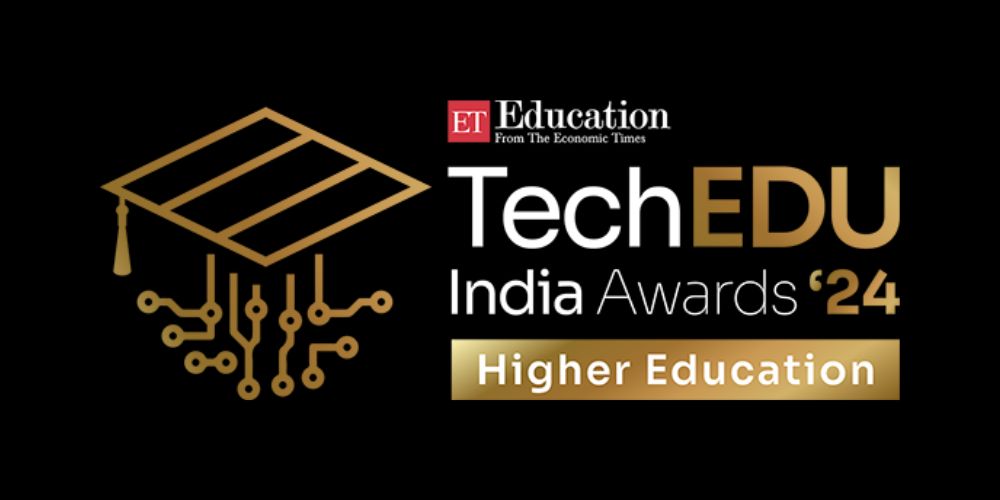


Bachelor of Technology - Electronics & Communications Engineering
The B.Tech ECE program at MIET is designed to bridge the gap between electronics, communication, and emerging technologies. With a future-ready, industry-aligned curriculum, the program focuses on core concepts, practical applications, and innovations in areas like IoT, VLSI, embedded systems, and wireless communication. Students work on real-world projects, earn globally relevant certifications, and benefit from mentorship by industry professionals. Whether you’re aspiring to develop next-gen communication systems, contribute to smart technologies, or pursue research and entrepreneurship, MIET’s ECE program equips you with the knowledge and hands-on experience to thrive in a tech-driven world.
Shape tomorrow’s tech with B.Tech ECE at MIET
Prepare to innovate in a fast-evolving, tech-driven world with a cutting-edge B.Tech ECE program designed for tomorrow’s engineers. Our curriculum combines solid foundations in electronics and communication with hands-on learning, real-world engineering projects, and flexible academic pathways. With opportunities to explore emerging domains like IoT, AI, embedded systems, and 5G, you’ll gain the technical edge and adaptability needed to excel in diverse technology sectors.
Minor Degree (24 Credits)
Atrificial Intelligence
Cyber Security
Cloud Computing
Data Science
Program Flexibility
Dual Majors or Minors*
Flexible Exit Programs*
Interdisciplinary Learning
Career Versatility
Placements
Whether you’re aiming to design intelligent electronic systems, drive innovation in communication technologies, or pursue advanced research and higher studies, MIET’s B.Tech ECE program empowers you with strong technical foundations, hands-on experience, and global exposure to excel in the ever-evolving world of electronics and communication.
- Embedded Systems Engineer
- Communication Systems Engineer
- VLSI Design Engineer
- Robotics & Automation Engineer
- Signal Processing Engineer
- Hardware Design Engineer
- IoT Systems Engineer
- Network Engineer
- Aerospace & Avionics Engineer
- Power Electronics Engineer
- IoT Developer
- Test & Validation Engineer
Our Prominent Recruiters
Internships
Internships are a key part of the B.Tech ECE experience at MIET, offering students hands-on exposure to real-world engineering challenges. Collaborating with leading companies and R&D organizations, students gain practical skills in areas like embedded systems, wireless communication, and IoT—bridging the gap between academic learning and industry expectations.
2nd Semester
Exploratory Internship
Community orientation, early work exposure, and development of empathy and problem-solving in real-world settings.
4th Semester
Summer Internship
Application of core electronics and communication skills in embedded systems, IoT, signal processing, and wireless communication; hands-on learning through real-world projects and industry internships.
6th Semester
Domain Specific Internship
Deeper functional exposure through an in-depth project in a chosen sector, helping students align academic learning with career interests.
8th Semester
Advanced Capstone / Research / Industry Internship
In the final semester, students pursue an advanced internship through a capstone project, research assignment, or strategic industry role aligned with their career or higher education goals.
Program Highlights
The 4-year B.Tech in Electronics and Communication Engineering (ECE) program at MIET is designed in alignment with the National Education Policy (NEP 2020), offering a flexible, future-oriented academic journey. The program enables students to explore emerging technologies in areas like embedded systems, IoT, VLSI, and communication networks, with an option to earn an Honours or Honours with Research degree through additional academic and project-based credits in the final year.
Eligibility
- 50% and above in 12th Class with Physics, Chemistry, and Mathematics.
- Valid score in JEE Mains/ JKCET/CUET (UG)/ MIET Entrance Test (MET)
- Must possess a domicile certificate
- Candidates with a 3-year diploma in engineering can apply for admission to the 2nd year of B.Tech.
Future-Proof Your Career with Next-Gen Skills.

Digital Marketing & Data Analytics Certifications

Social Media Marketing Specialization

IT Minors in collaboration with CISCO Networking academy

IT Minors in collaboration with Google Cloud
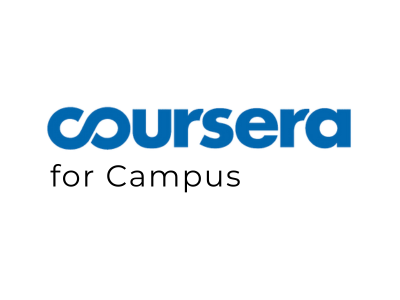
Unlimited access to top global courses during the 4th year
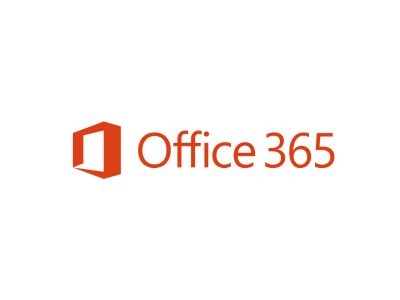
Master Office 365 tools suchas Power BI to boost digital productivity and workplace readiness.

Faz Lul Haseeb
IAS, All India Rank 36
ECE(2010-2014)
News & Events
MIET MBA Student Sukrit Sharma Secures Placement at ITC Limited
Model Institute of Engineering & Technology proudly congratulates Sukrit Sharma,
MIET MBA Students Secure Campus Placements at Mittsure Technologies LLP
Five final-year MBA students from MIET have secured campus placements at Mittsure Technologies LLP. This achievement reflects the institute’s strong placement ecosystem and the students’ dedication to academic and professional excellence.
MIET Students Shine at Mitsubishi Electric India Cup with AI-Based Smart Apple Sorter System
MIET Jammu students Tulsi Sharma (ECE) and Harsh Gujral (EE) showcased their AI-powered Smart Apple Sorter System at the prestigious Mitsubishi Electric India Cup held at MIT World Peace University, Pune. The computer vision and CNN-based solution automates post-harvest apple sorting, earning appreciation for its innovation and real-world agricultural impact.
How to Apply?
- You Apply
Tell us a little about yourself and we’ll help with the rest. Our convenient online application tool only takes 10 minutes to complete.
- We Connect
After you submit your application, an admissions representative will contact you and will help you to complete the process.
- You Get Ready
Once you’ve completed your application and connected with an admissions representative, you’re ready to create your schedule.
